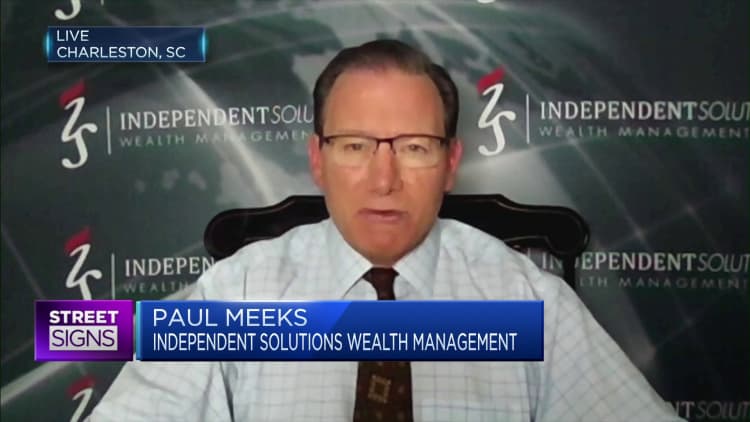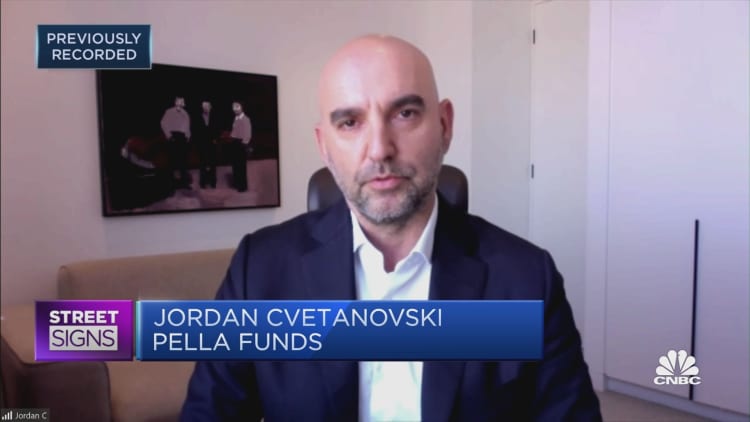Shares in the Asia-Pacific rose on Friday as investors look ahead to Fed Chair Jerome Powell's speech at Jackson Hole later stateside.
In Australia, the S&P/ASX 200 rose 0.79% to close at 7,104.1.
Chinese tech stocks with listings in both Hong Kong and the U.S. were higher. It came as the Wall Street Journal reported that Washington and Beijing are close to reaching an agreement that would allow U.S. accounting regulators to inspect audit records in Hong Kong.
Delisting fears have plagued U.S.-listed Chinese companies in recent months because of the audit dispute. In Hong Kong, Alibaba shares rose 2.13% and Baidu gained 2.54%. That compared to a 1.01% rise to 20,170.04 in the wider Hang Seng index.
Japan's Nikkei 225 added 0.57% to 28,641.38 while the Topix increased 0.15% to 1,979.59.
The Kospi in South Korea advanced 0.15% to 2,481.03 and the Kosdaq was fell 0.61% to 802.45.
Mainland China's Shanghai Composite ticked 0.31% lower to 3,236.22, and the Shenzhen Component lost 0.366% to 12,059.71.
MSCI's broadest index of Asia-Pacific shares outside Japan was 0.54% higher.
"Hawkish commentary out of a cast of Fed speakers overnight was of little consequence as markets await Powell's keynote at Jackson Hole this evening," Taylor Nugent, an economist at National Australia Bank, wrote in a note Friday. He noted Fed speakers have said the central bank's task of fighting inflation isn't over, and that rates need to enter restrictive territory.
Overnight in the U.S., major indexes rose. The Dow Jones Industrial Average jumped 322.55 points, or 0.98%, to 33,291.78. The S&P 500 gained 1.41% to 4,199.12, and the Nasdaq Composite added 1.67% to 12,639.27.
A slew of companies listed in Hong Kong will be reporting earnings, including Meituan.





